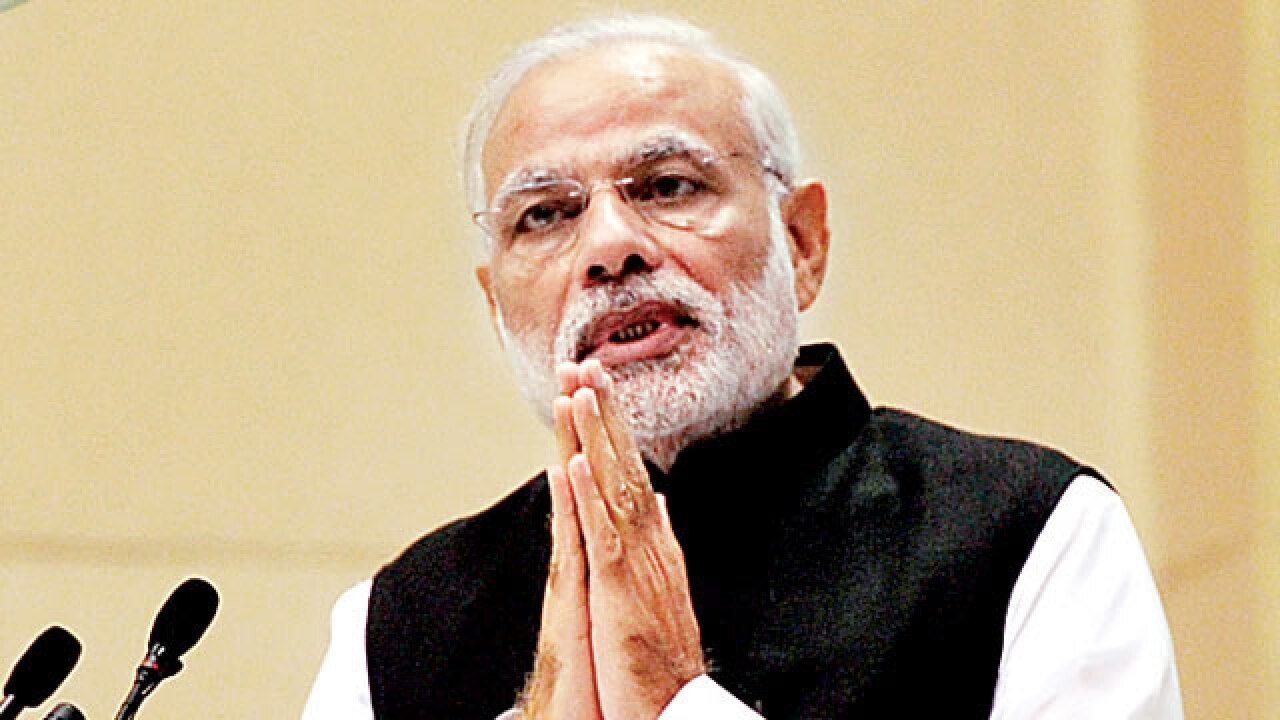
Prime Minister Narendra Modi’s effusive praise for the Sufi tradition at the World Sufi Forum reveals his intention to reach out to the Muslim community in a big way. Invoking a long line of Sufi saints, their couplets and teachings, the PM hailed the Sufi way of life as a means to go beyond the practice and precepts of religion for a deeper unity with God. He also extolled Sufism as a celebration of diversity and pluralism, drawing parallels to the Bhakti tradition, noting that the Sufi commitment to peace, coexistence, compassion and equality was the need of the hour. While Modi’s appreciation of Sufism is unlikely to endear himself to the conservative Muslim intelligentsia, many of whom owe allegiance to Deobandi, Wahabi and Salafi ideologies, there is no denying that Sufism holds considerable sway among the lay followers of Islam. Nevertheless, the PM, even while attempting to build bridges with the Muslim community, did not forget to dwell on the scourge of terrorism that has roiled many countries.
Modi has repeatedly harped on the theme that terror knows no religion. But his eagerness to drive home the point while addressing a Muslim audience strikes a discordant note because the average Indian Muslim’s daily struggles are not concerned with terrorism or religious extremism. Like other vulnerable communities, Muslims want their political leaders to address issues like social discrimination and the difficulty of accessing quality education and jobs. To be fair to him, Modi did note that the “message of Sufism is not confined to combating terrorism”. In this context, he also invoked his once-popular slogan, “Sabka Saath Sabka Vikas”, and said that this was inspired by “values of harmony, welfare, compassion and love for human beings, which are the foundation of a just society”. However, the PM must guard against the pitfalls of grandiloquence. In terms of policies, the promise of Sabka Saath is yet to translate into action. More worryingly, Modi, despite his considerable attempts to reach out to the Muslim community, has not done enough to silence the Hindutva fringe. There is a creeping sense of insecurity among minorities and the PM must note that his words are not having the desired salutary effect.
In his speech, the PM has correctly pointed out that in many parts of the world there is uncertainty about the future, and that societies and nations were struggling to deal with this uncertainty. Modi also warned that these are “times that the world is most vulnerable to violence and conflicts”. However, in a rather simplistic approach, Modi fell back to quoting from various scriptures to make a fervent call for world peace. This search for easy, almost escapist and abstract, solution was also evident in the PM’s postulation that “we need just not constitutional provisions or legal safeguards, but also social values to build an inclusive and peaceful society, in which everyone belongs, secure about his rights and confident of her future”. With hierarchies of caste, class, religion, gender and ethnicity, the best hope for people living in unequal societies is the rule of law and constitutional provisions. Religious reform and dialogue are important, considering the important role played by religions in the political and personal spheres. Modi, however, must first turn the mirror towards Hindutva fanatics to bolster his inclusive and reformist credentials.